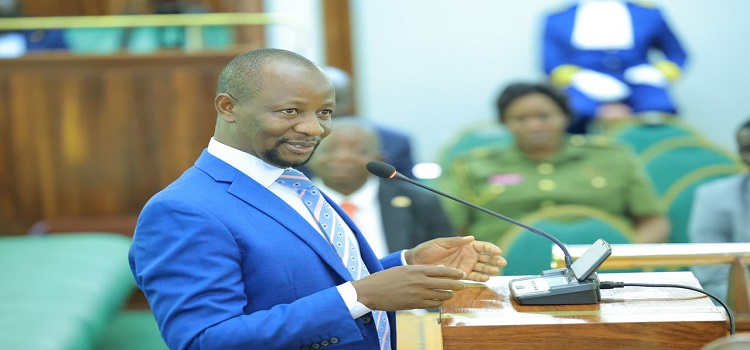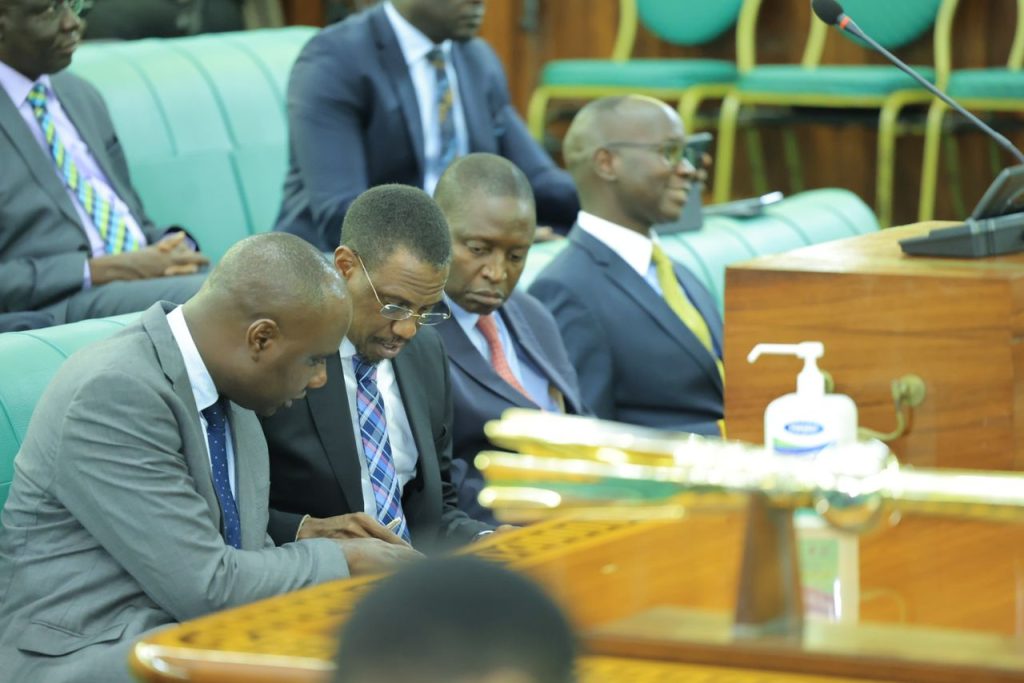
By George Bukenya
Uganda increases the 2024/25 fiscal year budget to slightly over 72 trillion and a huge portion of it will be financed by borrowing from both external and domestic sources.
The budget was passed by Parliament on 16th May, 2024 and more taxes have been introduced for instance 5% income tax on disposal of non business assets and new tax rates on beverages like alcohol such as powder ready to mix Shs2500 per litre have been introduced and for spirits taxes increase from shs1500 per litre to shs5000 per litre in the next financial year.
This indicates an increment of over 20 trillion from that of the financial ending 2023/2024 which is at 52 trillion. Although the increment is huge, government hasn’t elaborated much on how more sources of financing this budget other than borrowing and taxation. In March this year government government had proposed a 58 trillion but it suddenly changed and decided to increase to over 72 trillion.
In this forth coming budget, 31 trillion are anticipated to be collected from taxes and other local sources like penalties and dues while 41 trillion will come from borrowing both internally and from external sources.
A huge portion of next financial year’s budget estimate will be spent on debt financing and this amounts to 34 trillion were out of this 9 trillion is earmarked for payment of interest and 3 trillion for the principle servicing of debts borrowed from external sources while 12 trillion will also be spent on debts incurred locally.

This also show that 47% of the budget will be committed on debt servicing and 12 % on salaries of civil servants then the rest for recurrent and development expenditures such infrastructures.
The Kira Municipality legislator Ssemujju Ibrahim Nganda while commenting on these budgets said that it’s not people cantered because a huge portion will be spent on servicing the huge debts incurred in the past and we continue to borrow heavily instead of reducing on borrowing.
Ssemujju also said that government need to remove all luxurious expenditure such gifts at unnecessary workshops such that money can be saved for more development expenditures.
After passing the budget Speaker Anita Annet Among closed the 3rd year of parliament seating awaiting President Museveni to open the 4th year session.
The Speaker also said that in the 4th year she wants to take the parliament sessions to the different regions of the country starting with Gulu which will be followed by Masaka then western and Eastern will come last.

“ We want to show that parliament is people centred that is why we are planning to take the seating to four different regions of the country starting with Northern region.’’ Speaker Among said.
The Member of Parliament for Rwemiyaga Theodaral Ssekikubo says that Ugandans should tighten their belts because the huge increase in the next financial’s budget will squeeze them so much in terms of taxes and in competing with government on the side of borrowing from financial institutions.
He also said that and increment of shs100 per liter of fuel was not necessary because the it will make the ordinary person to suffer very much as prices for goods and services will will increase due to increased cost of transport.
The outspoken legislator said that the budget is not realistic that it was done to please citizen yet government can’t be able to finance it properly something that has been reflected in the fiscal year ending 2023/2024.